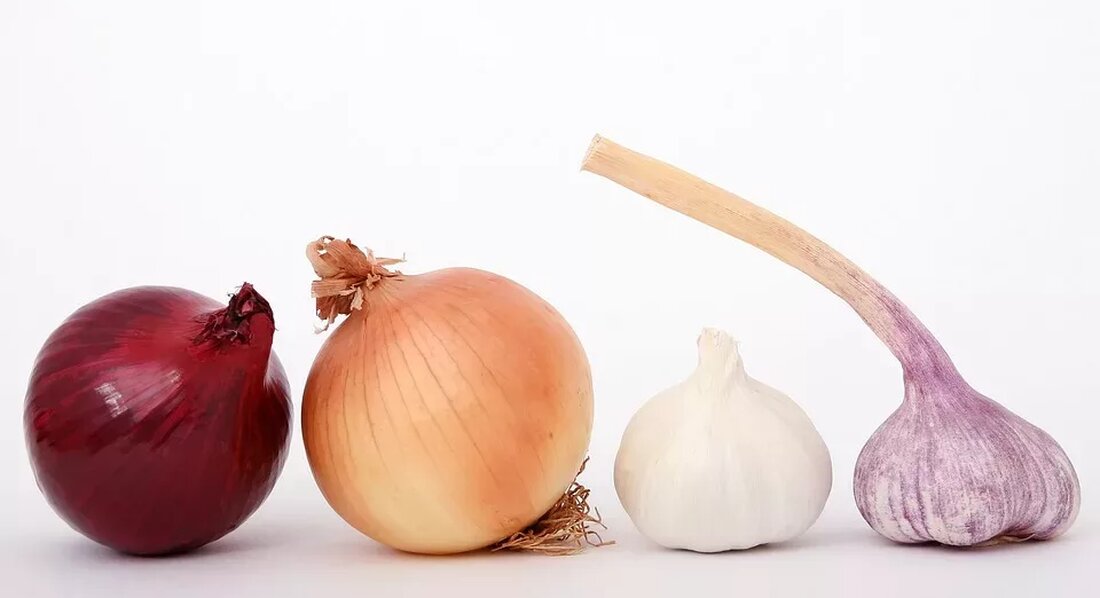Herbs during pregnancy and breastfeeding
Herbs in pregnancy and breastfeeding Pregnancy and breastfeeding are special phases in a woman's life in which the health of mother and child should have the highest priority. During these times, expectant mothers need to be particularly careful about their lifestyle and diet. This leaves many women wondering whether it is safe to consume herbs during pregnancy and breastfeeding. In this article, we'll take a closer look at this topic and find out which herbs are safe to use during this time and which ones should be avoided. Herbs during pregnancy During pregnancy it is important to...

Herbs during pregnancy and breastfeeding
Herbs during pregnancy and breastfeeding
Pregnancy and breastfeeding are special phases in a woman's life in which the health of mother and child should be given top priority. During these times, expectant mothers need to be particularly careful about their lifestyle and diet. This leaves many women wondering whether it is safe to consume herbs during pregnancy and breastfeeding. In this article, we'll take a closer look at this topic and find out which herbs are safe to use during this time and which ones should be avoided.
Herbs during pregnancy
During pregnancy, it is important to provide the body with enough nutrients as they are essential for the growth and development of the baby. Consuming certain herbs can help meet nutritional needs while relieving possible pregnancy symptoms.
1. Ginger (Zingiber officinale): Ginger is known for its anti-inflammatory properties and can help with morning sickness, which often occurs in early pregnancy. However, it is important to consume ginger in moderate amounts and consult your doctor for advice as excessive consumption can cause indigestion.
2. Chamomile (Matricaria chamomilla): Chamomile tea is a popular home remedy for calming and relaxing. During pregnancy it can be helpful for insomnia and to relieve digestive problems such as flatulence and stomach cramps. However, chamomile should be consumed in moderation as too much can trigger contractions.
3. Raspberry leaves (Rubus idaeus): Raspberry leaf tea is often recommended as a preparatory measure for childbirth. It is said to strengthen the uterus and make the birth process easier. It is advisable to avoid raspberry leaf tea during early pregnancy as it can stimulate uterine contractions and thus cause miscarriage.
4. Lemon balm (Melissa officinalis): Lemon balm has calming properties and can help with pregnancy stress and insomnia. However, it should be enjoyed in moderation as excessive consumption can affect blood sugar.
Certain herbs should be avoided during pregnancy as they can be potentially harmful to the unborn child. Herbs such as feverfew, mugwort and yarrow can induce labor and should be avoided. Herbs that promote women, such as lady's mantle and black cohosh, should also be avoided as they can influence the hormonal system.
Herbs during breastfeeding
Breastfeeding is a phase in which the mother supplies the baby with nutrients through breast milk. Because some substances from herbs can pass into breast milk, it is important to be careful and avoid certain herbs while breastfeeding.
1. Fennel (Foeniculum vulgare): Fennel tea is often recommended to increase milk production and relieve gas in babies. However, it can also be consumed by a nursing mother, as the components of fennel can pass into breast milk.
2. Anise (Pimpinella anisum): Similar to fennel, anise is used to increase milk production and relieve flatulence. It can be safely consumed by nursing mothers as long as it is taken in moderate amounts.
3. Nettle (Urtica dioica): Nettle leaves are sometimes recommended because they are rich in iron and other nutrients. They are safe to consume while breastfeeding, but do not necessarily help with milk production.
Some herbs should be avoided while breastfeeding. These include mint, sage and parsley. These herbs can reduce milk production and should therefore only be used in small amounts.
It is important to note that every body may react differently and what is safe for one person may not be suitable for another. It is always advisable to consult a doctor before using herbs while pregnant or breastfeeding.
Conclusion
Herbs can play a helpful role during pregnancy and breastfeeding to relieve possible discomfort and provide the body with important nutrients. However, it is important to choose the right herbs and consume them in moderate quantities. Each body reacts differently, so it is advisable to consult a doctor before using herbs during pregnancy or breastfeeding to rule out possible risks.

 Suche
Suche
 Mein Konto
Mein Konto
